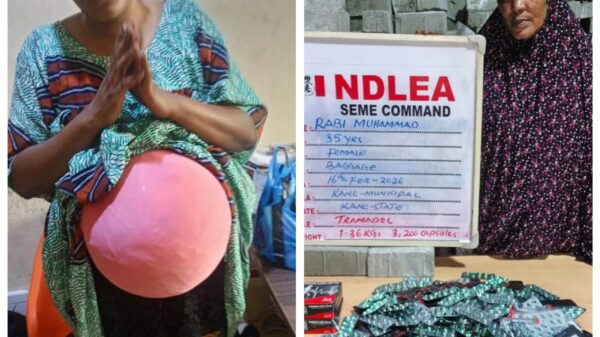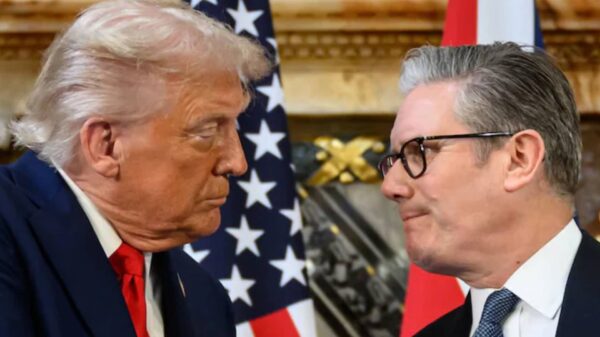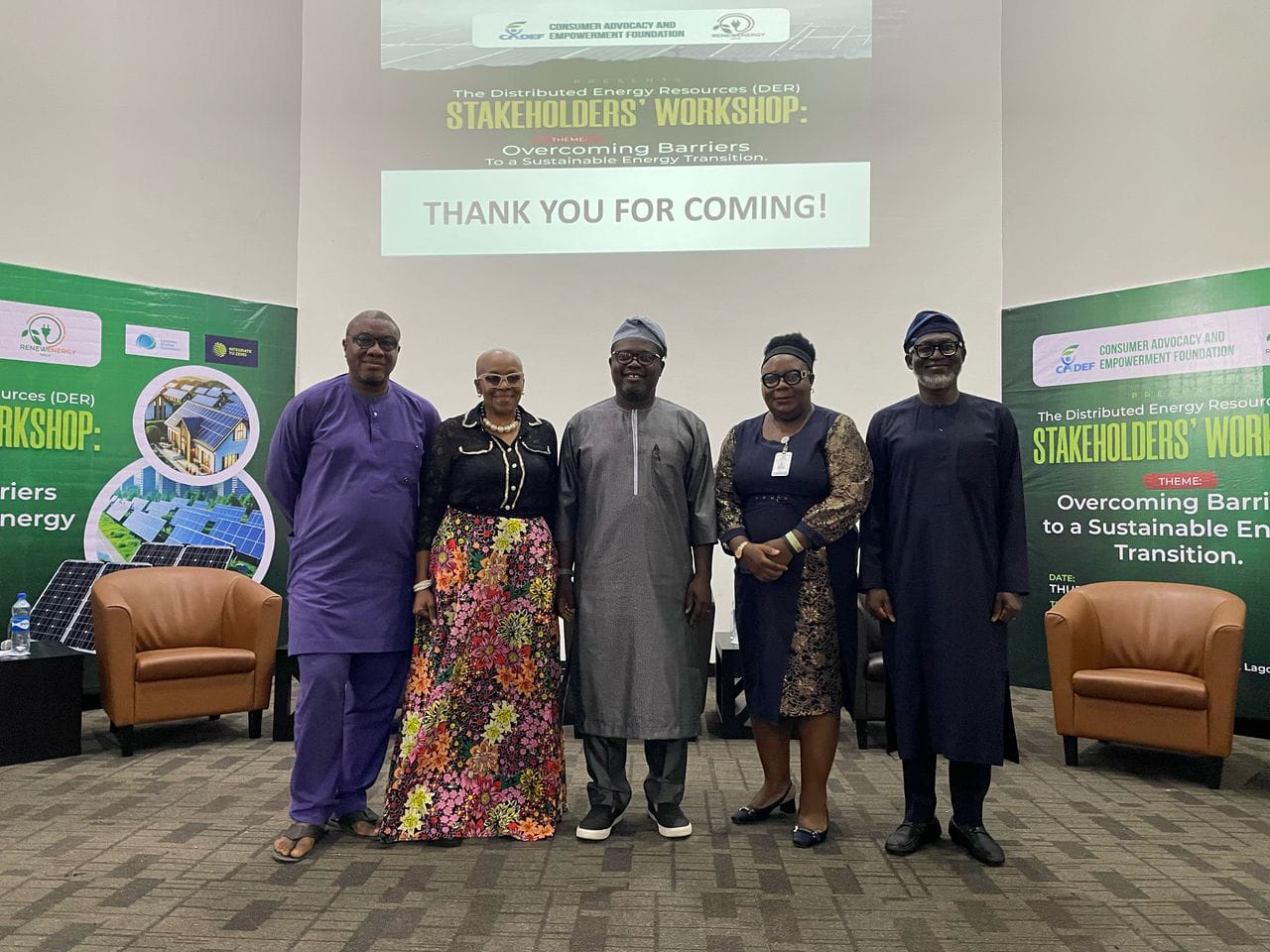Against the backdrop of Lagos State’s proactive efforts to reform its electricity sector, the Consumer Advocacy and Empowerment Foundation (CADEF) has launched its ‘Renew Energy Nigeria’ platform, a nationwide initiative with potential synergies for the state’s ambitious energy goals.
Professor Chiso Ndukwe-Okafor, CADEF’s Executive Director, introduced the platform in Lagos, highlighting its aim to empower Nigerians with information and access to decentralized renewable energy (DER) solutions.
“The launch of this platform marks a significant step towards democratizing access to information and resources within Nigeria’s burgeoning sustainable energy sector.”
The platform’s launch comes as Lagos State, under the Lagos State Electricity Law, is actively establishing a regulatory framework and attracting private sector investment.
Kamaldeen Abiodun-Balogun, General Manager of the LSEB, detailed the state’s progress in creating a functional electricity market, ensuring payment security, and addressing infrastructure challenges. “This law enabled us to create policy documents and establish regulatory agencies to initiate the implementation of the Lagos electricity market,” he explained, adding that private sector involvement will be key in areas where existing Discos face performance issues.
Segun Adaju, a private sector player deeply engaged in the energy sector, lauded Lagos State’s leadership. “In all these, Lagos State is always setting the pace.
“Many of us in the private sector players like myself, we are also looking up to Lagos State to set the pace,” he said, also mentioning his work on the Centralized Renewable Energy Desk for the state government.
While acknowledging national-level challenges such as import restrictions and forex fluctuations as noted by Professor Ndukwe-Okafor: “The recent federal plan on restrictions on the importation of solar products and the fluctuation of forex rate have made clean energy solutions costly”, the focus on Lagos State’s progress suggests a promising local environment for DER adoption, potentially amplified by CADEF’s new platform.
The broader socio-economic context, as highlighted by Olumide Ajayi, “Over 40% of Nigerians do not have access to reliable electricity”, underscored the importance of initiatives like ‘Renew Energy Nigeria’ and the enabling policies being implemented in states like Lagos.
Professor Ndukwe-Okafor concluded with a powerful call to action. “This platform is not an isolated intervention. It is aligned with our ideal country’s national vision, the 30-30-30 initiative.
“Let us not build a solar future that only serves the wealthy. Let us democratize clean energy. Let us make it local, inclusive, and scalable.”
The launch of “Renew Energy Nigeria” marks a significant step towards a more sustainable and equitable energy future for Nigeria, driven by innovation, collaboration, and a commitment to empowering its citizens.
The platform is now live and accessible to all Nigerians seeking reliable and clean energy alternatives.
![]()





























































